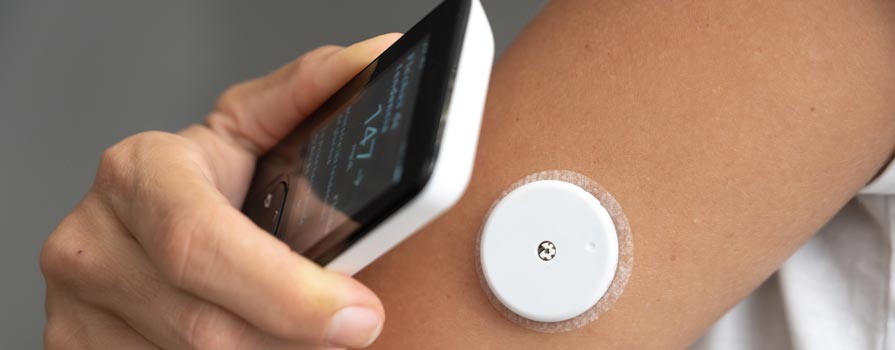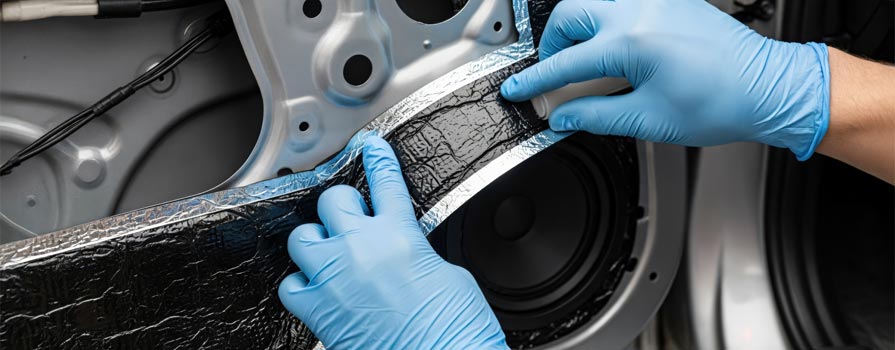For functional printing that requires tight tolerances and specifications, technical printing techniques are the perfect solution.
This blog is the first in our new series on technical printing. Throughout this series, we will describe the procedures involved in creating technical printing solutions, from start to finish. To begin, we’ll focus on defining technical printing and what it’s used for.
Introduction to Technical Printing
Technical printing is a generic term used for functional printing projects that fall outside industry standards, materials, processes, and specifications. These projects require extremely tight tolerances and critical product specifications, typically belonging to highly regulated industries, such as the medical industry. The processes follow current Good Manufacturing Practices (cGMP), which are regulations enforced by the FDA to ensure products consistently meet the required quality standards. Technical printing and functional printing are both used for similar applications, such as for membrane switches. Functional printing has more forgiving specifications while technical printing has much tighter requirements.
Examples of Technical Printing Projects
A common example of technically printed parts is printed electrodes, which are strips manufactured for electrochemical analysis. This involves technical printing because they are typically used in the highly regulated medical field, in applications such as diabetic test strips. When manufacturing printed electrodes, conductive lines are intricately printed on polyester, typically using conductive inks including carbons, silvers, and silver-silver chlorides.
With technical printing, applying a conductive ink to a surface is similar to the process of applying frosting to a cake. When you squeeze a bag of frosting, a controlled amount comes out of an opening at the end. This same process is how conductive inks are applied as circuit lines on polyester substrates during technical printing.
Technical Printing for the Medical Industry
Boyd frequently manufactures electrodes for electrochemical test strips and devices, such as diabetic test strips or quick diagnostic labs. Boyd prints electrodes with silver, carbon, or various conductive inks to measure a current or other signal. Our customers will then apply a reagent on top of the electrodes. When those reagents are exposed to bodily fluids such as blood, a chemical reaction takes place and the electrodes will detect that reaction and send the signal to the device it is powered to. This is done on a tiny scale and the readings of signals must be completely accurate, which is why this part requires technical printing with a high degree of scrutiny. Large variances in the circuit alter results and can cause the test strips to fail, so tighter tolerances of technical printing are necessary.
Many variables go into technical printing projects, such as the curing times and quality of inks, as well as the substrates and thicknesses used. These variables are closely controlled, especially when making electrodes for medical equipment. These parts go on critical equipment and could mean life or death in certain situations, such as buttons for a medicine administration device used in hospitals or printed electrodes used in diagnostic labs for diseases. Boyd is a trusted manufacturer for technical printing projects with years of experience in the medical industry and other highly regulated industries.
In our next blog in this series, we’ll be going over how technical printing projects go from development to production.




